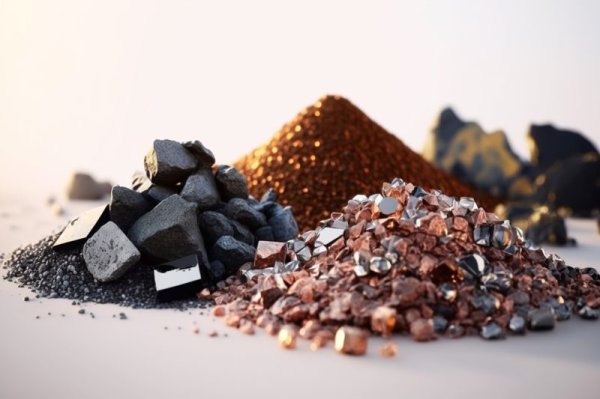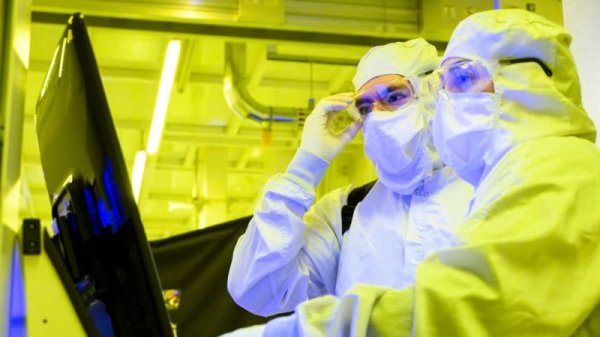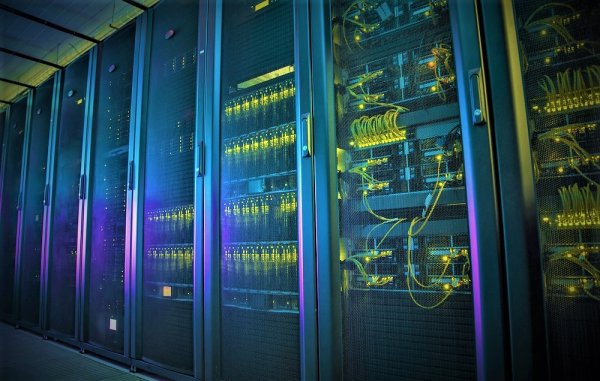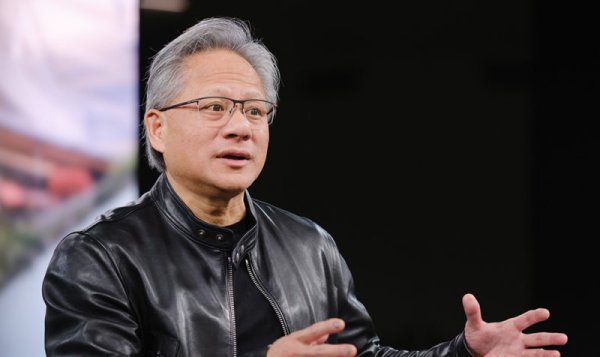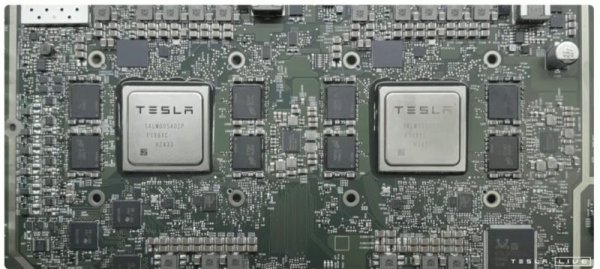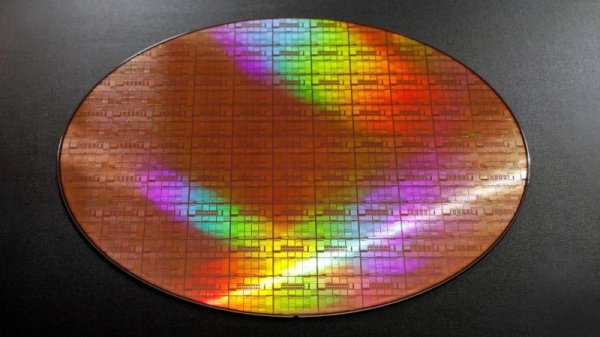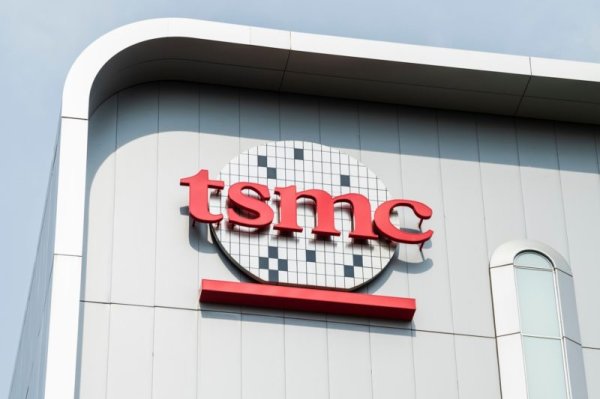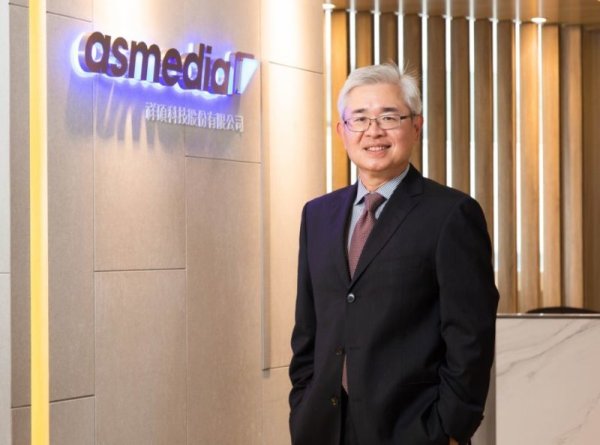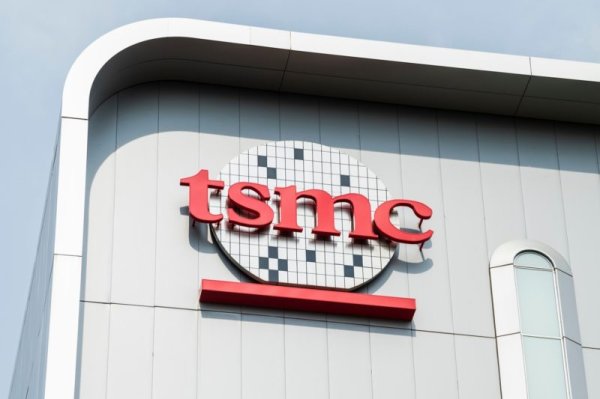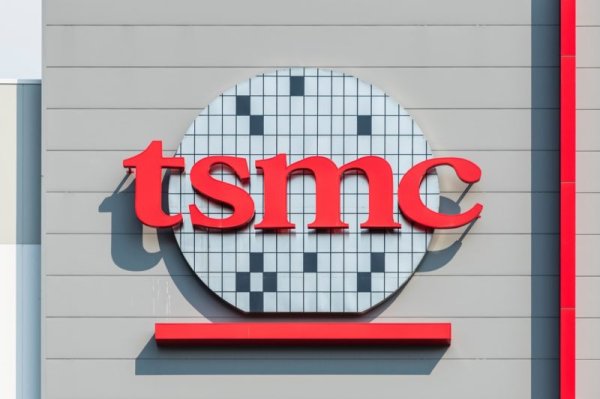Financial Times: China supplies tech giants with cheap electricity to support domestic AI chips

The Financial Times reported today, citing people familiar with the matter, that China has increased subsidies and reduced electricity bills by up to 50% for some large domestic data centers. China has stepped up efforts to promote the development of its domestic chip industry and strives to compete with the United States.
The Financial Times reported that people familiar with the matter revealed that Chinese local governments have strengthened preferential measures to help Chinese technology giants such as ByteDance, Alibaba, and Tencent. These companies are facing higher electricity costs after Beijing banned the purchase of NVIDIA (NVIDIA) artificial intelligence (AI) chips. They also said that many technology groups had previously reported to the competent authorities that the cost of using domestically produced semiconductors from companies such as Huawei and Cambrian had increased, and most of their products were not as energy efficient as NVIDIA. The relevant authorities later introduced new subsidy measures.
Local governments in provinces with dense data centers such as Gansu, Guizhou, and Inner Mongolia have responded by providing subsidies that can halve electricity bills for large data centers using domestic chips.
Informed sources said that data centers using chips from foreign manufacturers such as NVIDIA are unable to obtain such discounts.
This move further shows that China is encouraging its own technology companies to get rid of their dependence on NVIDIA and promote the development of the domestic semiconductor industry, hoping to compete with the United States in the AI competition.
ByteDance, Alibaba and Tencent did not respond to requests for comment. The local governments of Guizhou, Gansu, Inner Mongolia and the National Development and Reform Commission of China also did not respond.
Further reading: US media: Jen-Hsun Huang hopes Trump will relax restrictions on chip losses, but Rubio and other officials oppose it

